A Week in Reflection - Reconciliation Week 2022
Written by Corey Trembath (He/Him) - Board Director for WIP
A Week in Reflection - Reconciliation Week 2022 “Be Brave, Make Change” (27 May – 3 June)
As I sat at the LGBTQ+ inclusion awards on Friday the 28th May, listening to Aunty Norma Ingram impress the importance of our connection with the country and how we interact with it, I reflect on what reconciliation week means to me and the LGBTQ+ community. Reconciliation Week is a time for all Australians to learn about our shared histories, cultures, and achievements, and to explore how each of us can contribute to achieving reconciliation in Australia.
27 May marks the anniversary of the 1967 referendum when Australians voted to remove clauses in the Australian Constitution that discriminated against Aboriginal and Torres Strait Islander peoples. 3 June marks the historic 1992 Mabo decision in which the High Court of Australia recognised native title—the recognition that Aboriginal and Torres Strait Islander peoples’ rights over their lands did survive British colonisation.
One of the first things I ever researched after coming out as transgender was the queer history of my ancestors and culture, I found a lot about Tiwi but not a lot about the mainland and nothing about my own nation of GunaiKurnai. It left me feeling more disconnected to my culture than ever, I had struggled with feelings on connection before-hand, but this cut to the core of the intersection of my identity. I had heard all these stories from elders, but I could barely find any of these stories captured anywhere, that included stories about contemporary queer mob.
Over the last 6 years I have had the pleasure of meeting and knowing hundreds of queer aboriginal people, I have learnt new stories about how they interact and make their way through modern “Australia”, these stories have been a constant source of comfort to me, that I am not alone, and that my experiences are reflected in that of my peers.
I realise now that this gap in history is a product of colonisation, that our collective history was erased, and safety stolen, and while there is little we can do to recover that now, what we can do is record our experiences. Tell our stories, take photos, write books, make movies, make documentaries to ensure that our future queer aboriginal mob have something to look back on and identify with. Part of Reconciliation, to me, is all people working together to support our entire community, this includes engaging with our queer stories and platforming our experiences.
While National Reconciliation Week is a great time to reflect on these issues, we still need to act throughout the year to work towards reconciliation. Wear it Purple acknowledges LGBTQ+ Aboriginal and Torres Strait Peoples face significantly different challenges than the rest of the community, and we are committed to strengthening and growing our understanding of these challenges to better support youth and contribute to reconciliation.
